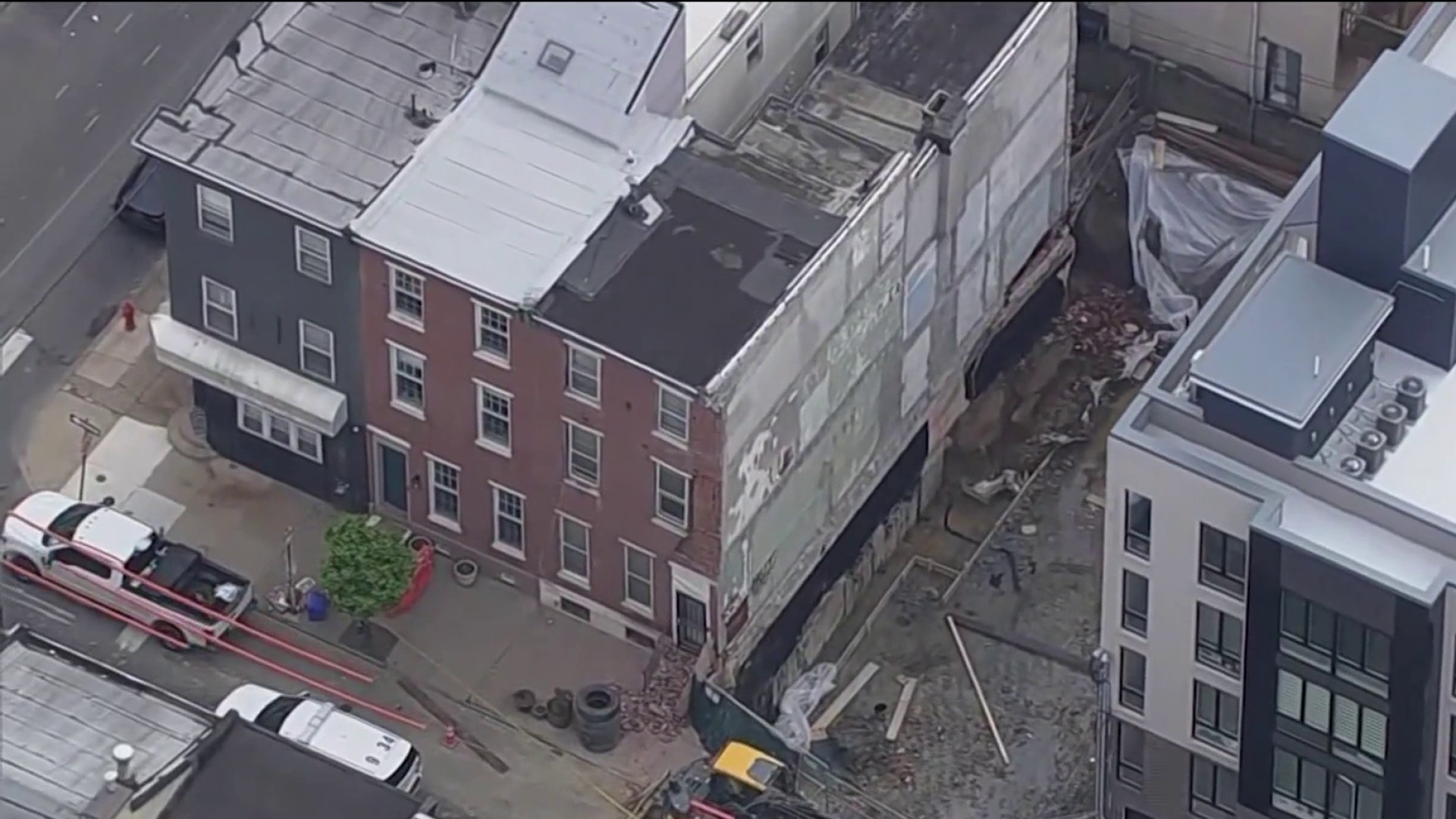What to Know
Philadelphia has waived a rule that required new police and correctional officers to live in the city for at least a year, Mayor Jim Kenney announced Thursday.
In June 2020, city council passed legislation that mandated Philadelphia only hire people – including aspiring police officers – who have lived in the city for at least one year prior to the job appointment.
The rule was one of several police reform bills that the council approved in the wake of the George Floyd protests that year. While the legislation passed in a 16 to 1 vote, Mayor Kenney at the time expressed reservations with the bill, believing that limiting the applicant pool to only city residents would negatively impact recruitment of top talent and diversity in the police department and other city offices.
Get Philly local news, weather forecasts, sports and entertainment stories to your inbox. Sign up for NBC Philadelphia newsletters.
Kenney reiterated his disapproval of the bill last week when he stated it was hurting law enforcement.
“It’s basically like saying you can only play for the Phillies if you grew up in Philadelphia,” Kenney said.
Kenney sent a letter to the civil service commission last week asking for a waiver of the residency requirement specifically for incoming police officers and correctional officers. In the letter, Kenney wrote both agencies were experiencing “significant challenges obtaining qualified candidates” and “significant staff shortages” and that waiving the residency requirement could help.
Investigators
Digging deeper into stories that affect the Philadelphia region
“If councilmembers are requesting that we increase our police force, they’ve got to take the handcuffs, so to speak, off our ability to recruit,” Kenney said.
Now, instead of police recruits needing to live in the city for a year before getting the job, new officers have to move to the city within six months of getting hired. John McNesby, leader of the Fraternal Order of Police Lodge 5, praised Kenney's decision.
“The candidate pool in the city is very slim,” he said. “We need to be outside. We can see that this ordinance hurt us that they put in two years ago under the guise of reform.”
Drexel University criminology professor Robert Kane told NBC10 that the waiver didn’t change the law however.
“Once the job becomes a little more desirable, once they think they can generate a higher quality and larger applicant pool, in many cases a lot of cities will rescind the waivers,” Kane said.
Council President Darrell Clarke meanwhile said the city council continues to support the one-year residency requirement law.
“The purpose of the residency requirement is to change and improve the diversity of the Philadelphia Police Department, and create a force that better reflects the culture of the city it is sworn to protect and serve,” Clarke wrote in a statement.
Clarke also pointed to the city’s demographics compared to the police force.
“Philadelphia is a “minority majority” city, where about two-thirds of residents are non-white,” he wrote. “Over the past three fiscal years (2019-2021), the city’s police force was on average, about 45 percent minority. This is not only significantly below city demographics, it is woefully short of the Department’s goal of 58 percent.”
Clarke also addressed concerns that the residency requirement was hindering the police department’s efforts to recruit new candidates.
“However, the Department’s own statistics indicate that more than 2,500 active applicants have applied to join the police force,” he wrote. “Is it too much to expect that Department leaders can find 100 candidates per recruiting class who are qualified residents of Philadelphia to join the force?”
City officials said there is no end date for the waiver but they will “regularly review” the waiver to see if it’s still necessary.




